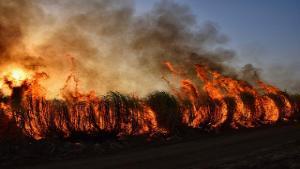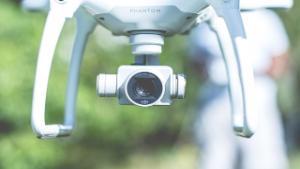Gain new skills, enhance your employability, or explore a subject that interests you with our online programmes and short courses.
We are regularly adding more short courses and degree programmes to our Online Learning portfolio.
New for September 2025
Online Postgraduate Programmes
Online Short Courses
- Contemporary Environmental Challenges (15 credits)
-

- Introduction to GIS Tools, Techniques, Cartography and Geovisualisation (15 credits)
-

This can be taken as a standalone course, or as part of an online MSc in Geographical Information Systems.
- Sustainability Transitions – Challenges and Opportunities (15 credits)
-

- UAV Remote Sensing, Monitoring and Mapping (15 credits)
-

This can be taken as a standalone course, or as part of an online MSc in Geographical Information Systems.
- Basics of Remote Sensing and Geospatial Analysis (15 credits)
-

This can be taken as a standalone course, or as part of an online MSc in Planetary Sciences.
- Comparative Planetology and the Atmosphere of Earth (15 credits)
-

This can be taken as a standalone course, or as part of an online MSc in Planetary Sciences.
- Instrumentation, Design and Data for Planetary Exploration (15 credits)
-

This can be taken as a standalone course, or as part of an online MSc in Planetary Sciences.
- Spectroscopy, Radiative Transfer and Retrieval (15 credits)
-

This can be taken as a standalone course, or as part of an online MSc in Planetary Sciences.
Coming Soon
- Applied Sedimentology
- Applied Structural Geology
- Earth Physics, Structure and Processes
- Fundamentals in Petroleum Geoscience
- Governance and Political Economy of Sustainability
- Hydrological Extremes Under Global Change
- Integrated Water Resources Management
- Machine Learning in Geophysics
- Near Surface and Environmental Geophysics
- Palaeogenetics (Ancient DNA)
- Partnerships for Sustainability
- Seismology and Earth Imaging
- Subsurface Storage and Sequestration
- Time Series Analysis and Inverse Theory
- Water in the Environment
